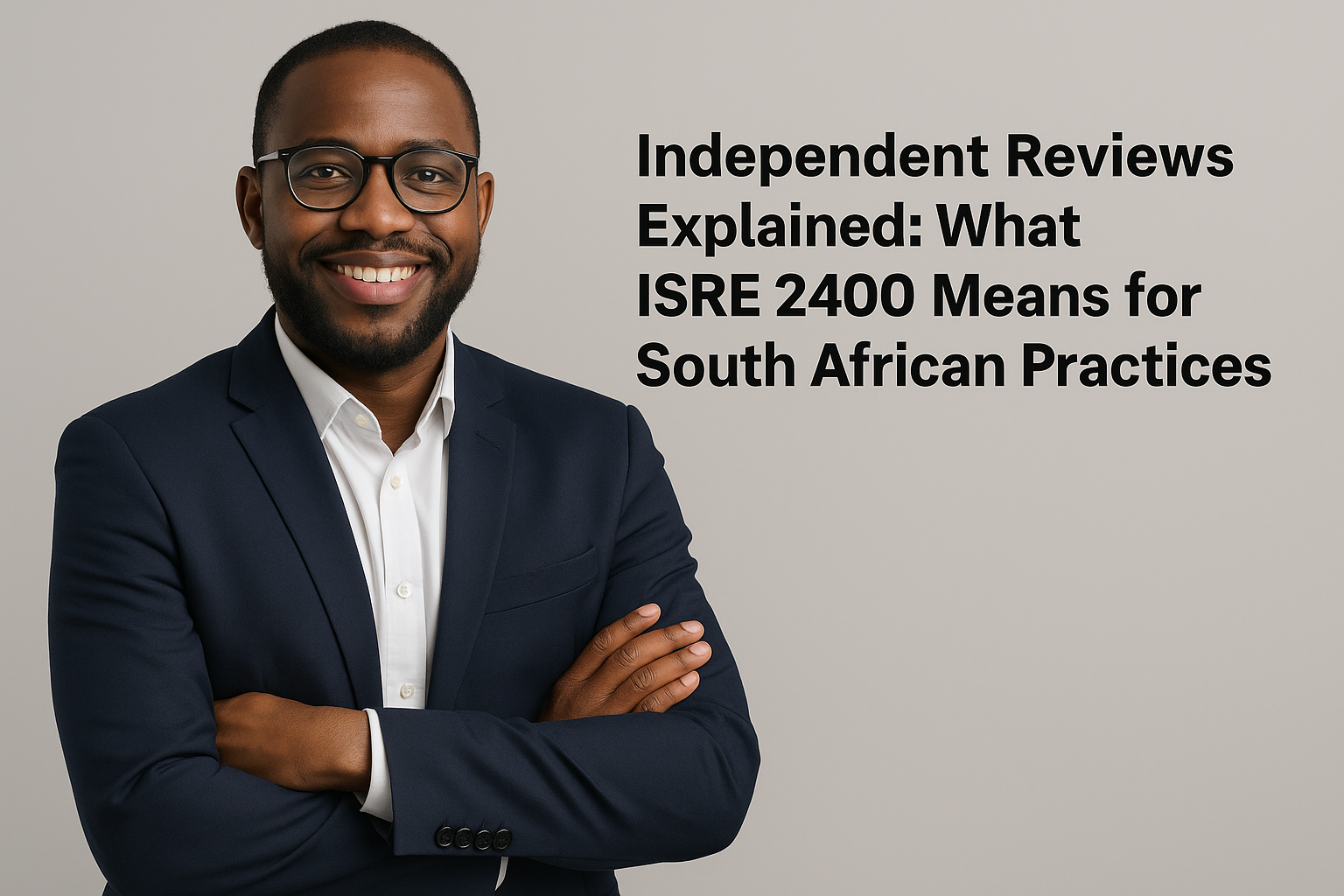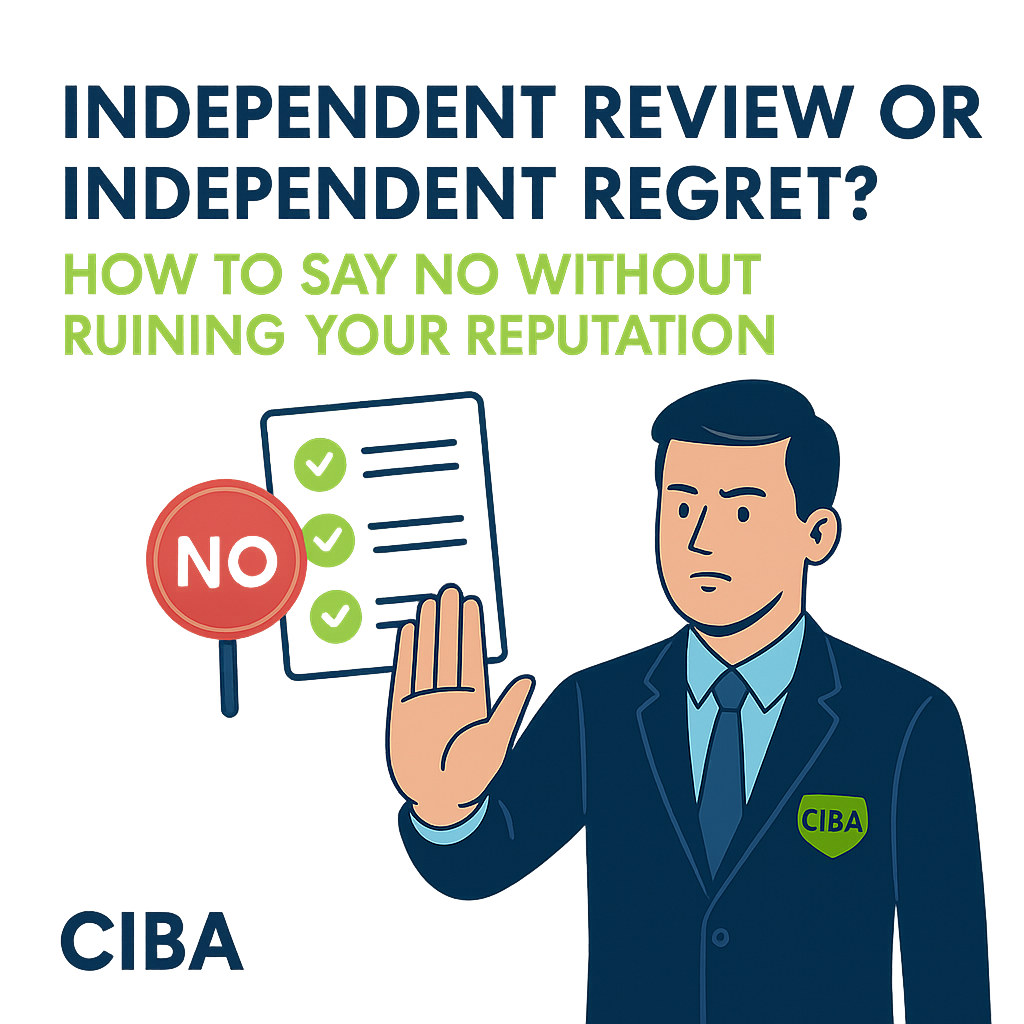Independent Reviews: Asking the Right Questions
Independent reviews are not about ticking boxes or cutting corners. Under ISRE 2400, the true strength of a review lies in asking the right questions. Effective enquiry goes beyond “yes or no” answers , it digs into the story behind the numbers, uncovers risks, and opens doors to valuable insights. When practitioners master this skill, they not only protect themselves and their clients but also transform a statutory requirement into an opportunity to build trust, grow their practice, and strengthen South Africa’s business landscape.
Planning an Independent Review: Setting the Foundation for Quality
Independent reviews are often underestimated, but the truth is they play a powerful role in building trust and credibility. The key to getting them right is not more checklists or endless procedures, but smart planning. ISRE 2400 (Revised) reminds us that a focused, well-documented plan is the foundation of quality. From setting materiality to identifying risk areas and designing targeted procedures, planning helps practitioners work smarter while protecting their practice. Done right, it turns an independent review into more than compliance , it becomes a valuable service that strengthens client confidence and showcases the professionalism of CIBA members.
Client Acceptance and Continuation in Independent Reviews
Independent reviews do not start with analytical procedures or management enquiries. They begin with one critical decision: whether to accept or continue with a client. ISRE 2400 requires practitioners to ensure that preconditions are in place, management understands its responsibilities, and independence is safeguarded. Accepting the wrong client exposes the reviewer to unnecessary risk, while a careful acceptance and continuation process protects both the practitioner and the credibility of the profession. For CIBA members, this step is more than compliance, it is the hallmark of professional excellence.
The Independent Reviewer: Owning Your Responsibilities Under ISRE 2400
Independent reviews are not just a quick sign-off. Under ISRE 2400, practitioners carry real responsibilities that go far beyond ticking boxes. You are the referee who ensures the game is fair, the professional who applies scepticism when numbers do not add up, and the communicator who helps clients understand the value of limited assurance. When you own your role, you protect the public, elevate your practice, and strengthen the credibility of financial reporting.
Independent Reviews Explained: What ISRE 2400 Means for South African Practices
Independent Reviews have become an essential assurance service for many South African companies that do not require a full audit. Guided by ISRE 2400, these engagements offer limited assurance through a structured process of enquiry and analytical procedures. For Chartered Business Accountants in Practice, understanding the scope, purpose, and legal requirements of Independent Reviews is key to delivering value while staying compliant with the Companies Act. This article explains what ISRE 2400 covers, how Independent Reviews differ from audits and compilations, and when they are required in South Africa.
Independent Review or Independent Regret? How to Say No Without Ruining Your Reputation
Many Independent Reviews unravel long before the first analytical procedure is performed. The real trouble often starts with poor client take-on, vague engagement terms, and overlooked ethical concerns. When practitioners rush through pre-engagement checks or ignore their instincts, they risk compromising the entire engagement. This article outlines how to apply ISRE 2400 (Revised) with clarity and caution, helping you make informed decisions from the outset and avoid unnecessary professional exposure.






